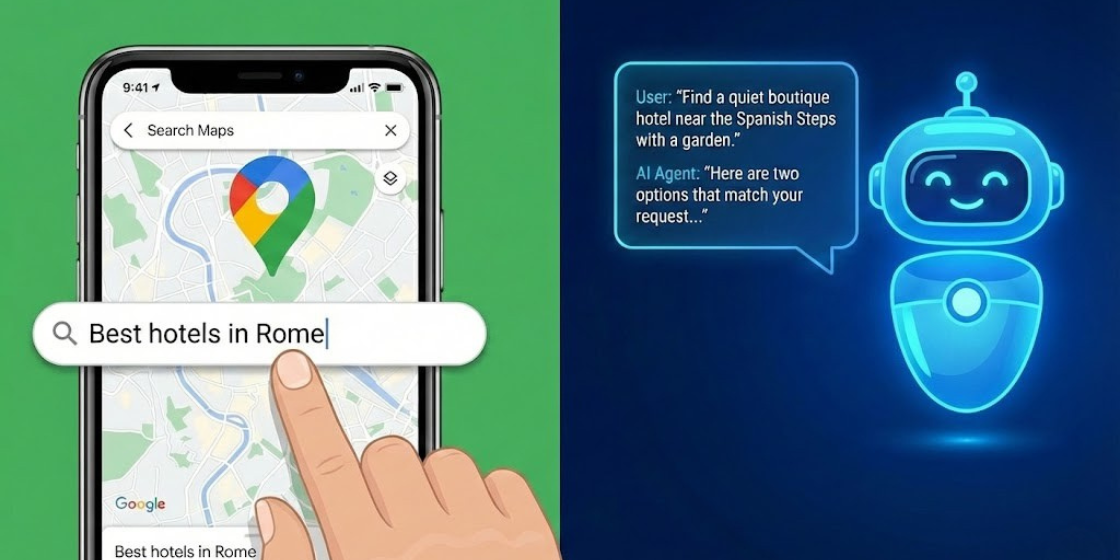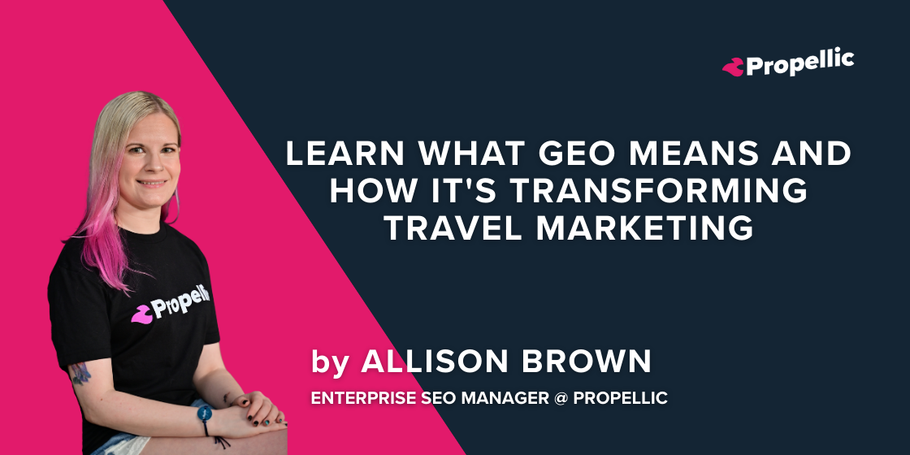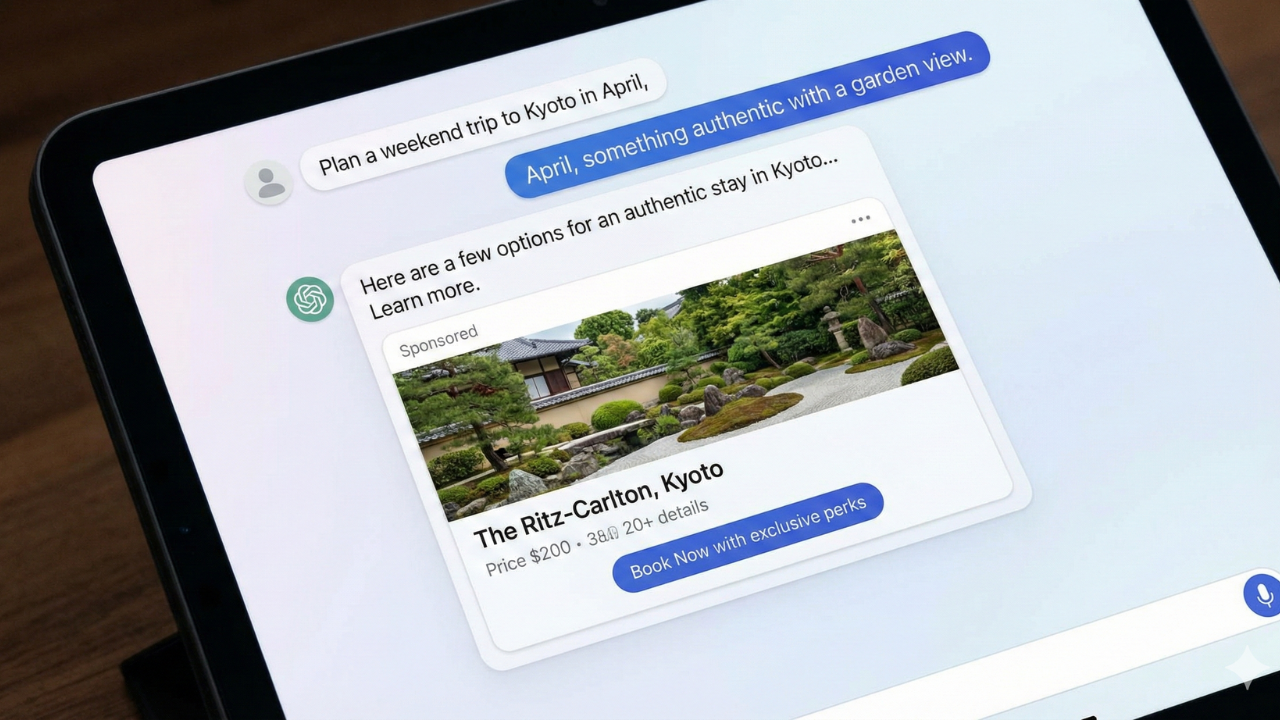
Understandably, search engine optimization is a top priority for many businesses. In fact, 61% of marketers said improving SEO and growing their organic presence was their main marketing focus in 2017. Of course, that's often easier said than done. There are many ways to optimize and countless unknowns that come into play; even the most experienced SEO analysts can't be 100% confident that their efforts will achieve their exact desired results. But what we do know is that there's a generally accepted right way to optimize -- and a wrong way to optimize. If you're interested in learning a bit more about SEO's best practices and worst offenses, read on.
SEO Isn't Always Black and White -- Except When It Is
We have a good idea about what businesses can do to improve their rankings and what Google wants to see. We don't always know everythingbecause Google, the gatekeeper, doesn't actually make it publicly known how they analyze and rank sites. There are a great many things we do know that Google wants to see, but there is definitely some mystery involved -- especially if you really don't know the realm of SEO. Plus, Google is always changing and perfecting its algorithm. That means that the SEO tactics that used to work just fine are now ineffective or even frowned upon.
That said, there are some things that most experts agree on. Google has declared that there are certain SEO tactics that can get you in trouble. Although they may have worked in the past, they're considered to be underhanded and are geared towards manipulating Google's crawling bots rather than providing useful information for real people. It's basically a way to cut corners; it may look good at first, but it usually catches up with you in a bad way. Using methods like these can actually result in penalization of your site. If Google realizes you've used these techniques, your site's ranking could decrease dramatically or it could disappear from search results altogether. These tactics are known as Black-Hat SEO.
In contrast, there are methods that are geared towards providing high-quality and relevant content to both bots and humans. These strategies are developed with Google's own guidelines in mind and are considered to be quite ethical. A reputable SEO agency will typically employ these tactics, which are known as White-Hat SEO, to achieve long-term results for your website.
What Are Some Examples of Black-Hat and White-Hat SEO?
While not every technique can be clearly labeled as Black-Hat or White-Hat SEO, there are definitely some tactics that are clearly ethical or clearly underhanded. Let's take a look at a few examples below.
Examples of Black-Hat SEO Include:
- Keyword Stuffing -- Trying to fit as many keywords as possible in content, tags, meta descriptions, headers, etc. in a spammy or inorganic way
- Paid Links -- A lot of businesses will purchase link placements from popular websites to increase their own rankings
- Hidden Text -- Human visitors may never notice this search spam, but robots will see the hidden text that's been placed in the backend of a website in an attempt to manipulate search engine rankings
Examples of White-Hat SEO Include:
- Quality Content -- Creating extraordinary content (like blogs, articles, white papers, case studies, e-books, and more) in order to provide web users with relevant and interesting information will also impress Google
- Internal Links -- Linking to other pages on your website will allow you to keep visitors on your website longer (thus reducing bounce rate) and can make navigation a whole lot better, which are two attributes bots love to see
- Guest Blogging -- Contributing a guest blog to another reputable site will benefit both parties and help you build links organically
The truth is that you don't need to be an SEO expert. That's what we're here for. But when you evaluate potential agencies to work with, you'll want to make sure the one you choose uses ethical tactics without promising rapid-fire results. Otherwise, the payoff might be very short-lived indeed.
Want To Level Up Your Travel Marketing?
Subscribe to the NavLog, our bi-weekly travel marketing roundup, where you’ll be the first to know about breaking news that impacts travel marketers and access exclusive performance marketing strategies and practical tips you can implement from the marketers at the leading edge of the travel industry.




.png)

.png)

